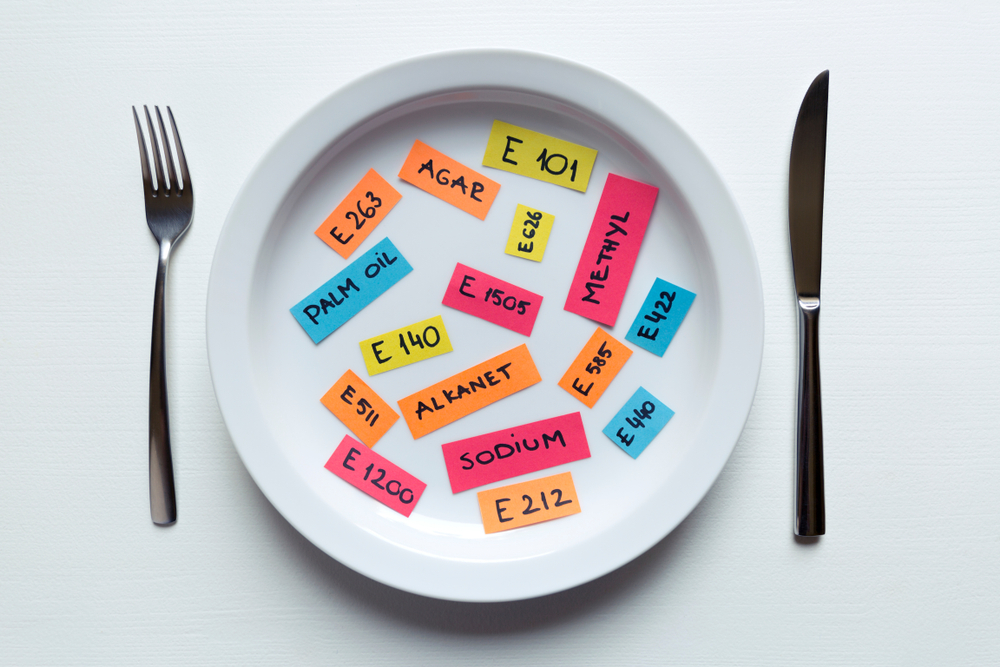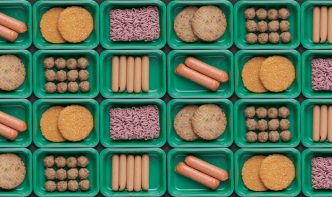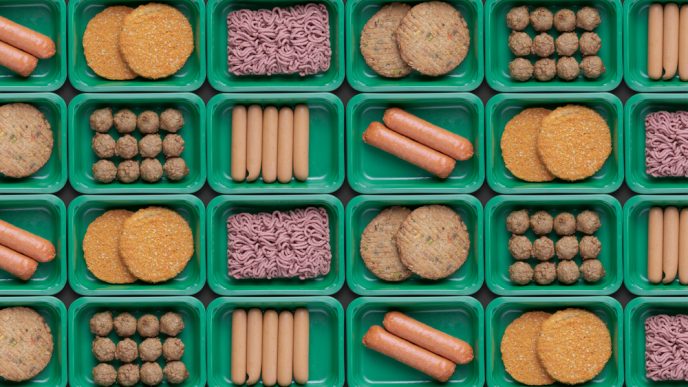WORDS DR RAJENDRAN MANICKAVASAGAM
| FEATURED EXPERT DR RAJENDRAN MANICKAVASAGAM Malaysian Dietary Supplement Association (MADSA) |
Since the onset of COVID-19, Malaysians have been taking extra care of their health.
In fact, there has been a steady demand for dietary supplements propelled by this new collective awareness towards our overall wellbeing.
However, recent price hikes have raised the average living costs in Malaysia. For some, they may have to cut back on added expenses, which includes dietary supplements.
This situation opens doors for devious, illegal activities to take place within the market, especially through e-commerce websites where counterfeit supplements are sold at absurdly low prices.
For instance, a single joint support supplement may cost RM120 to RM180 at pharmacies, but some unscrupulous sellers offer the same product for only RM38.
Additionally, certain platforms and sellers may take advantage of unassuming consumers by offering attractive discounts and vouchers, further expanding this perpetual market of deceit in terms of people’s health and wellbeing.
VERY CHEAP SUPPLEMENTS: WHAT’S THE CATCH?
The allure of a good bargain can be extremely compelling, especially when one only needs to pay a fraction of the original price. However, the consequences of purchasing from unverified vendors or websites can be severe.
Counterfeits
A multitude of these sellers often operate without the necessary quality control measures.
Without proper scrutiny, these unscrupulous vendors can easily pass off fake supplements as genuine, putting consumers at risk of ingesting unknown and possibly harmful substances.
These products also may not follow proper standards of procedures, leading to higher chances of improper handling and contamination.
Effects on the Local Supplement Market
In addition to the health risks, these unverified sources also undermine the integrity of Malaysia’s legitimate nutritional supplements market, which is valued at USD $644.88 million in 2023.
Certified brands are finding it increasingly harder to earn customers’ trust who have been victims to disingenuous sellers.
THE NEED FOR REGULATORY RECOGNITION TO PROTECT CONSUMERS
In spite of these malicious activities, Malaysia upholds strict laws and regulations to govern the manufacturing and labelling of dietary supplements.
This includes mandatory registration of documented evidence and stringent timelines for health supplements. While some counterfeit products may slip through the cracks, the Ministry of Health, via the National Pharmaceutical Regulatory Agency (NPRA), has laid out various safeguarding measures to help consumers identify the legitimacy of a product.
The Ministry of Health has also mandated that all certified health supplements must be marked with the holographic sticker called the FarmaTag, which is extremely hard for counterfeit producers to replicate. The sticker also includes an MOH-issued QR Code, a gradient design, and holographic serial and pin numbers.
Additionally, the Health Ministry has released a mobile app called FarmaChecker to help consumers confirm a product’s certification status online by scanning its QR code or typing in its serial number.
At the same time, the NPRA continues to ensure the safety and efficacy of dietary supplements, mandating safety data for supplements with new or innovative ingredients. Similarly, the Malaysian Dietary Supplement Association (MADSA) has also worked hand-in-hand with the government to promote and increase awareness of health supplements and its benefits to all Malaysians.
With the collective effort by both the government and consumers alike, we can work towards a future where all our nutritional supplements are safeguarded from the unethical practices of counterfeit producers.
By being mindful of the sources of our purchases, especially when the products involve our health and wellbeing, we can nurture a safe and healthy supplements market in Malaysia.
After all, bargaining our health for cheaper costs will never be worth the price.
MADSA CALLS MALAYSIANS TO BE VIGILANT
MADSA advises Malaysian consumers to always make sure that online supplements have been registered by the NPRA.
Check if the product has an MAL number, which verifies that it has been approved by the NPRA.
If the product that’s delivered doesn’t have such identification, return and request for a refund and report this matter to the Ministry of Health.









